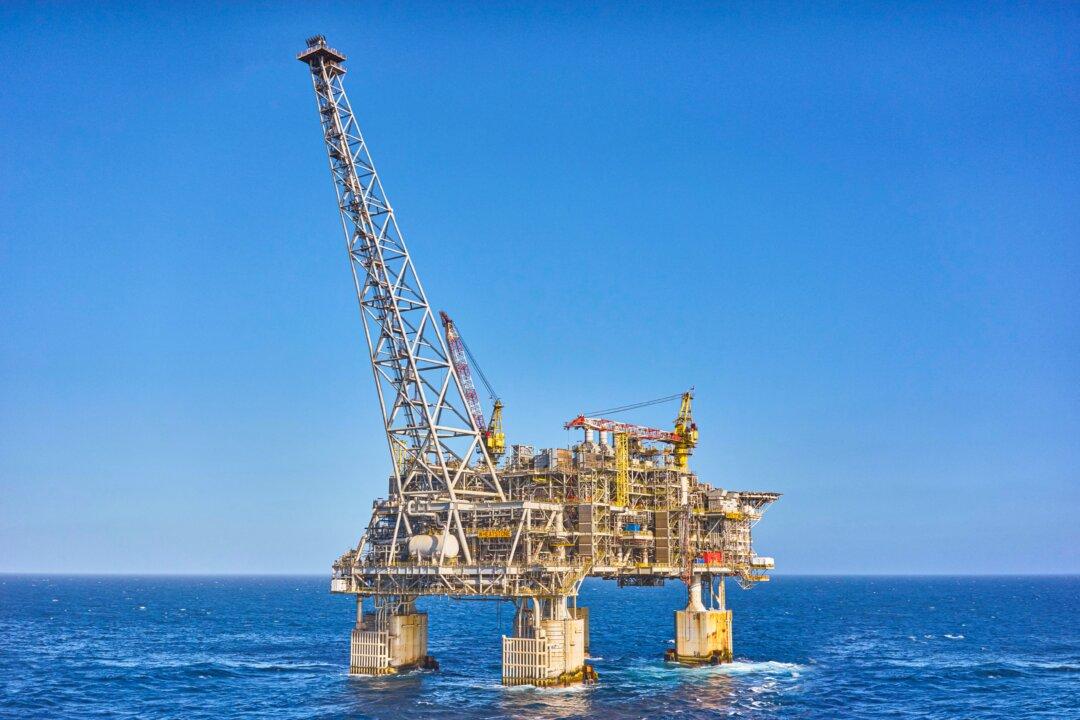A study by consultancy firm EnergyQuest predicts that following the Greens’ renewable energy policy would lead to “blackouts ... for millions of homes and businesses in southeastern Australia in as little as two years,” adding that halting investment in gas supply would also “devastate the economy.”
The report was commissioned by Australian Energy Producers, the peak body for Australia’s oil and gas industry.





